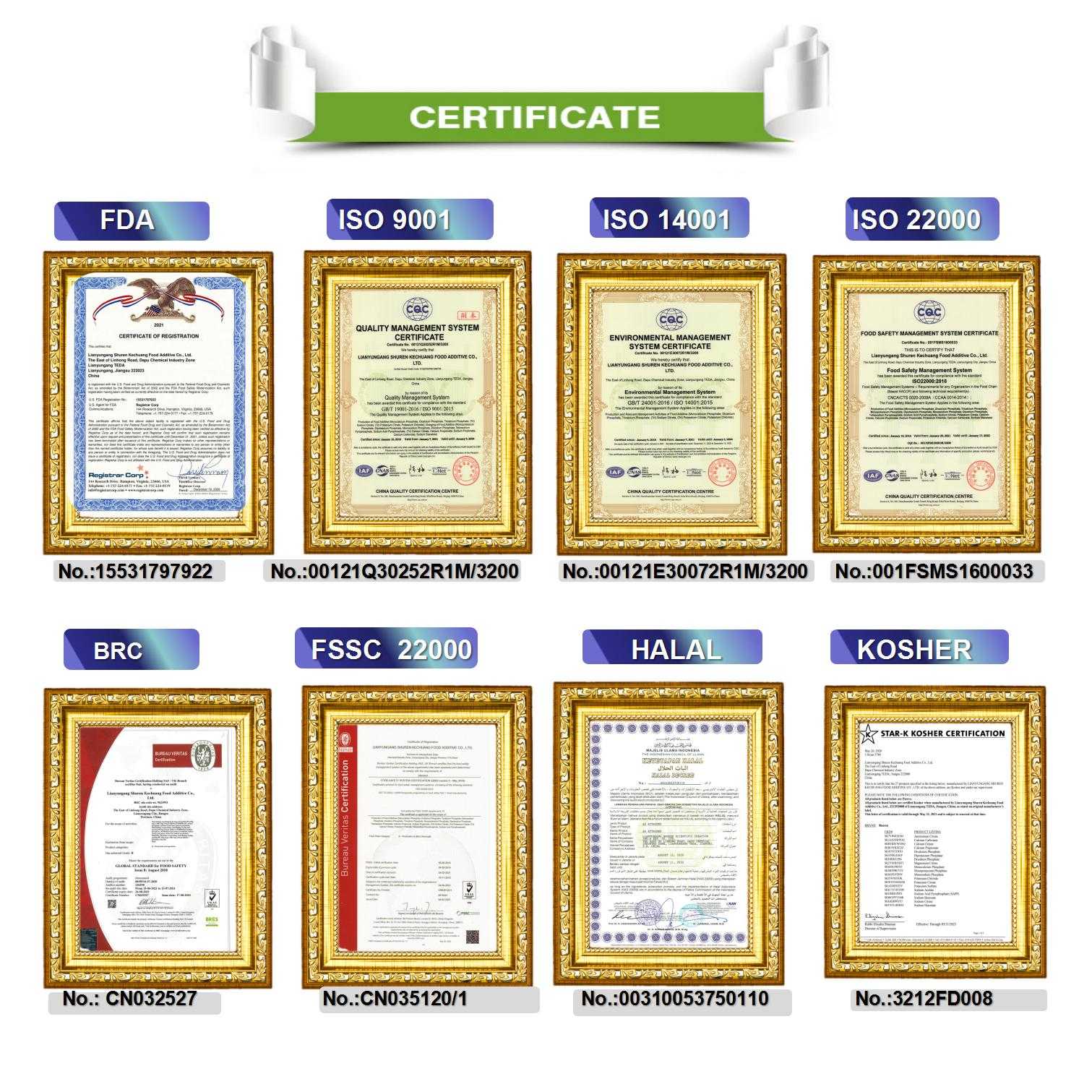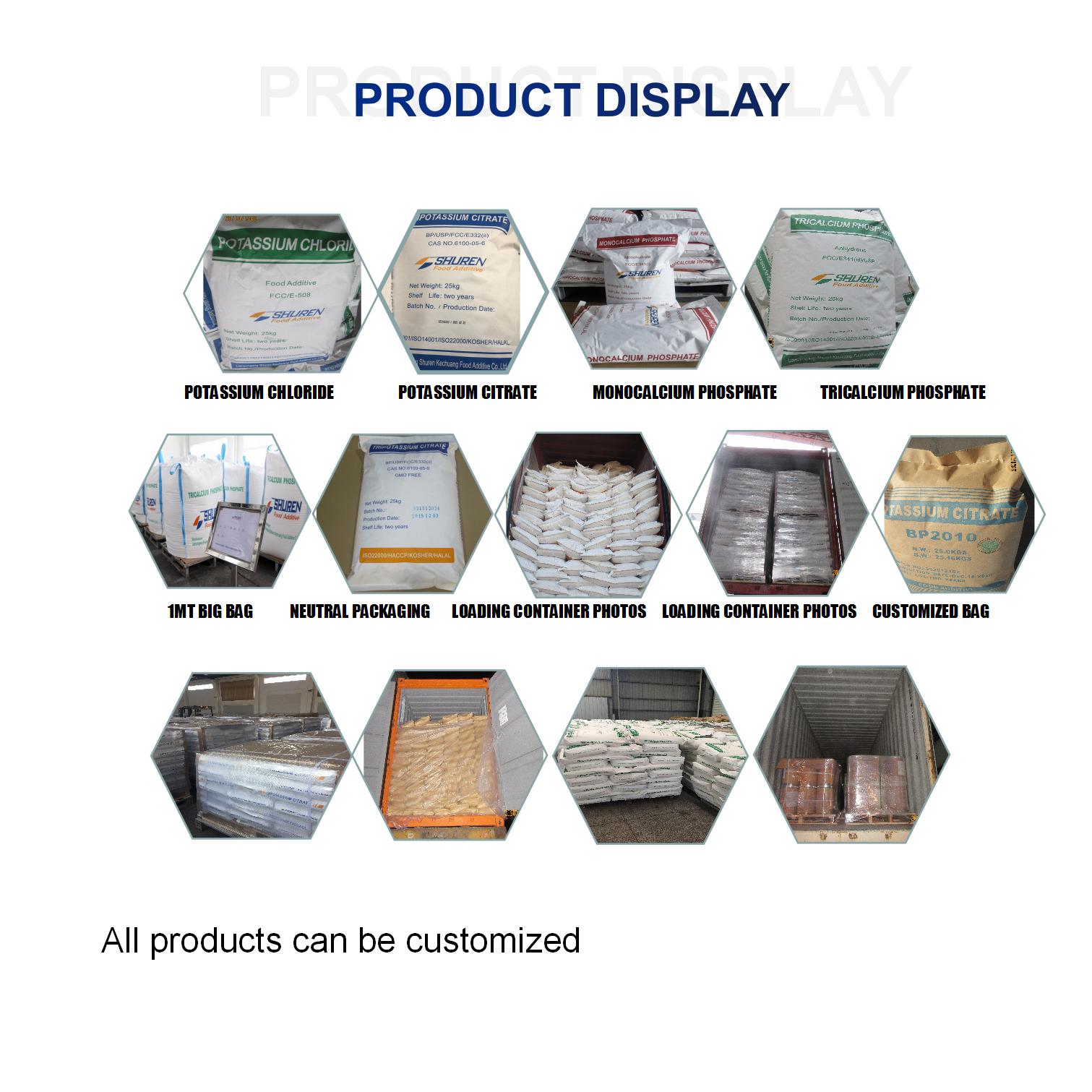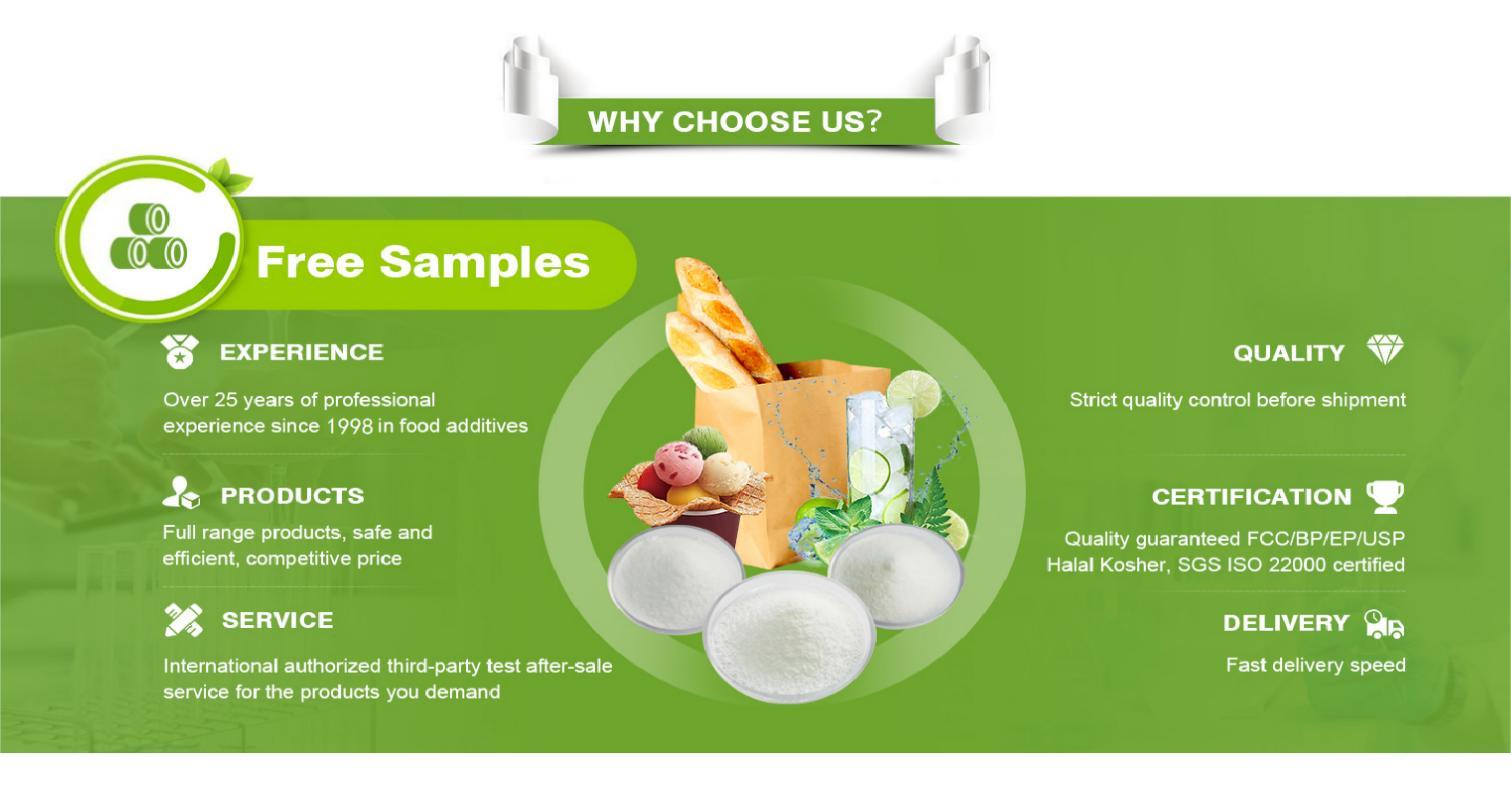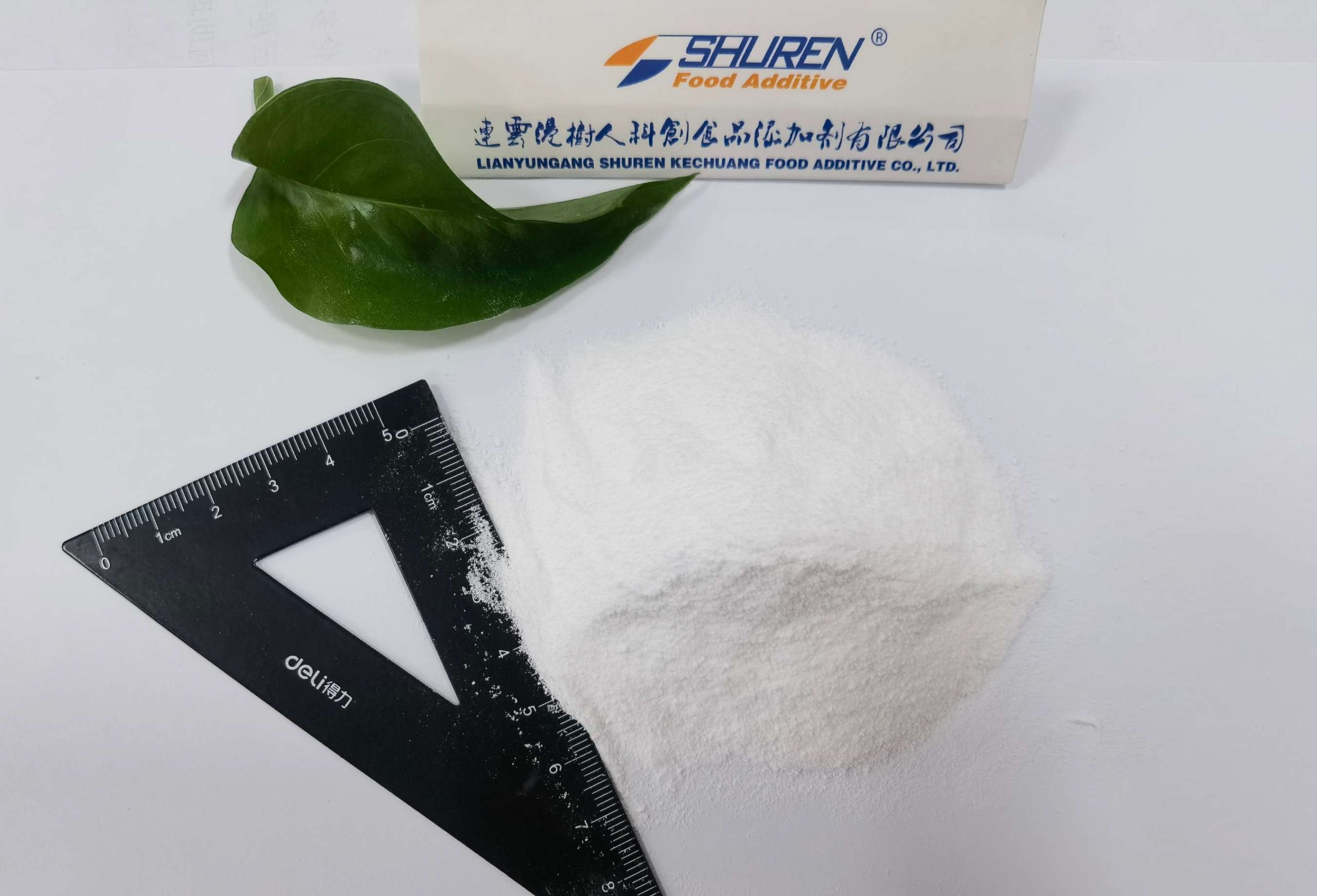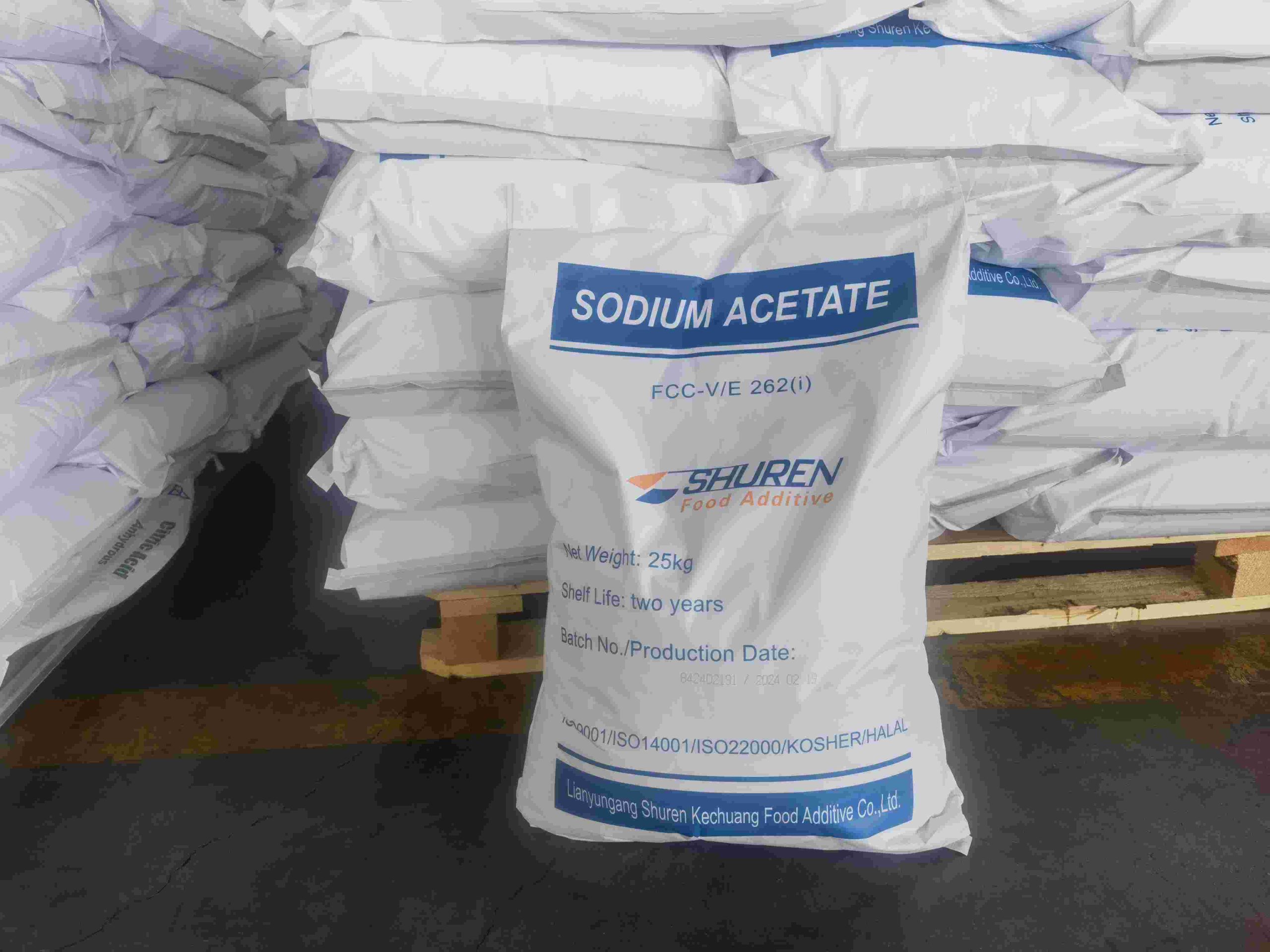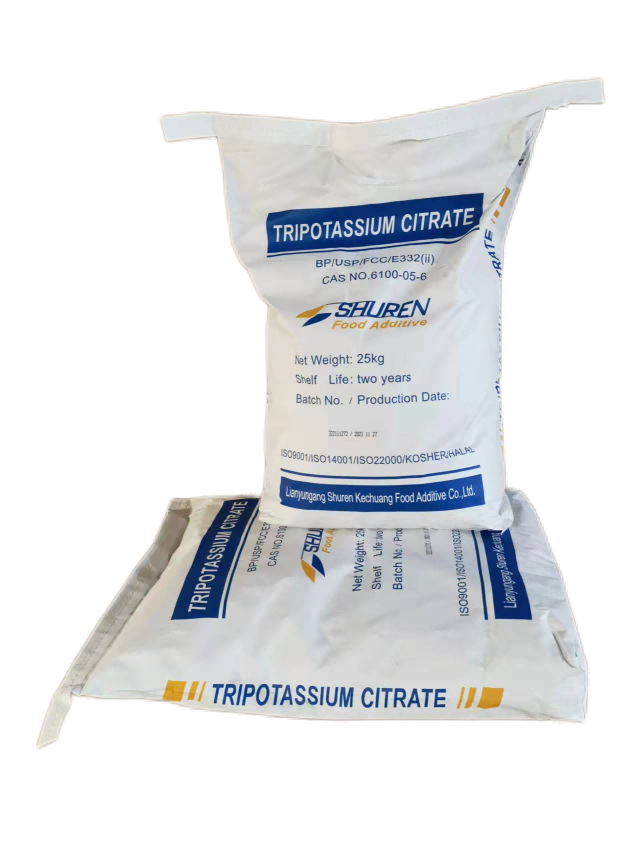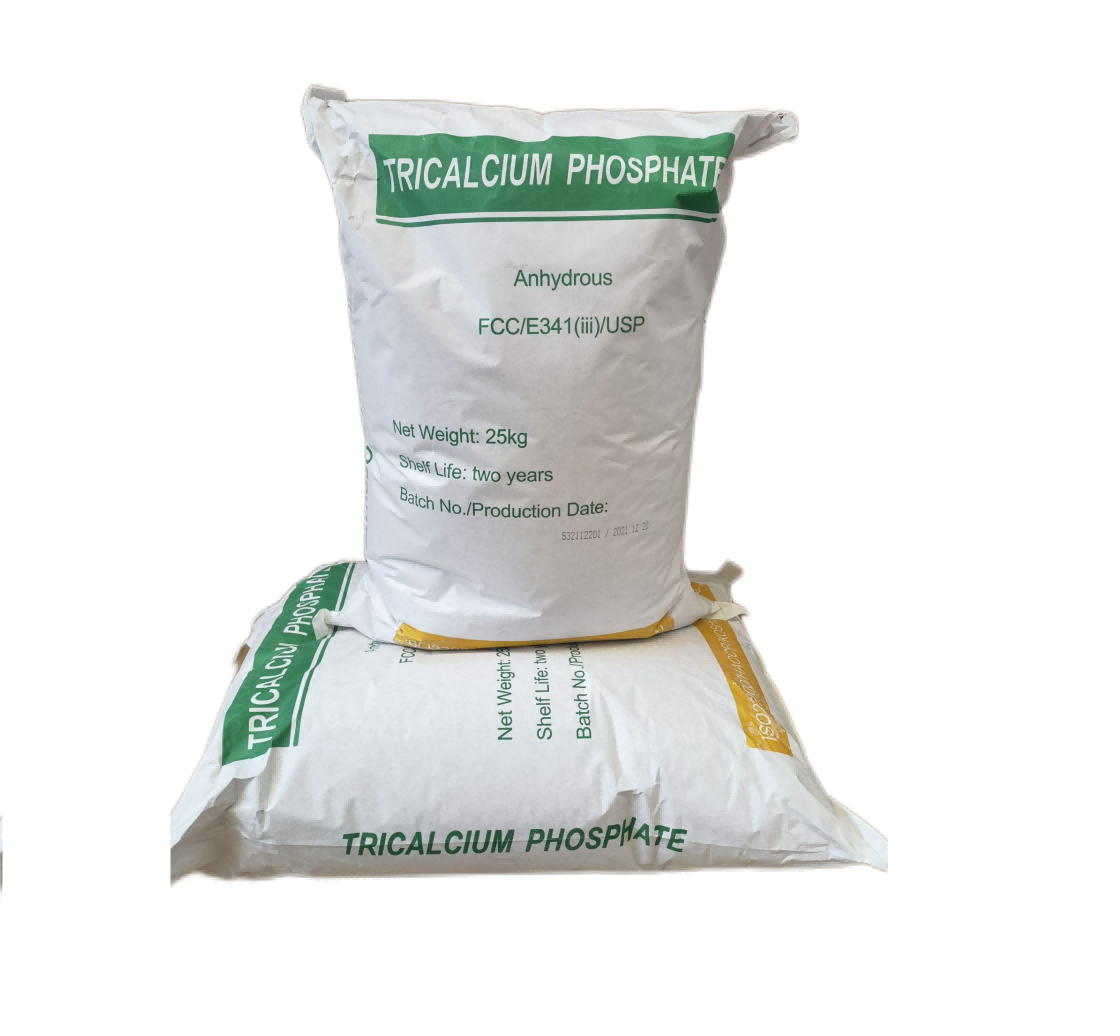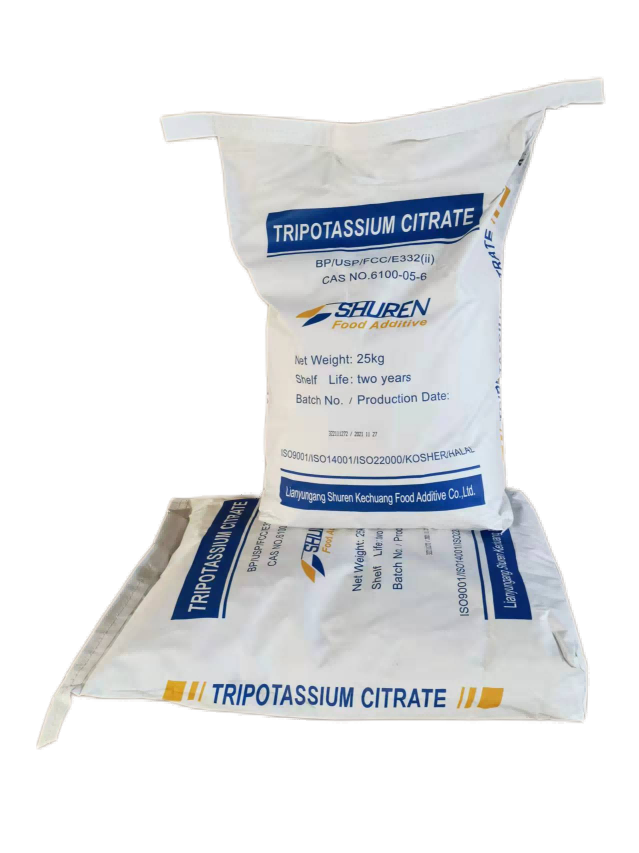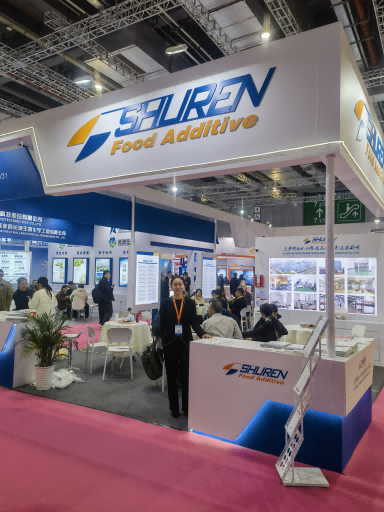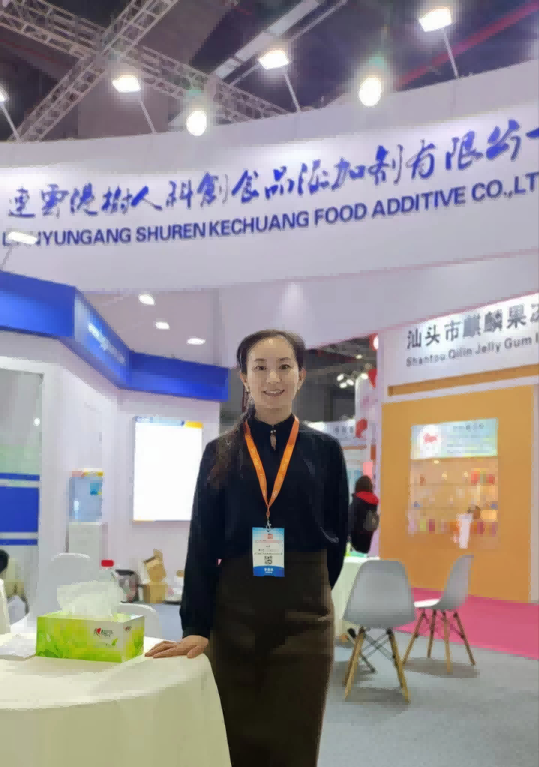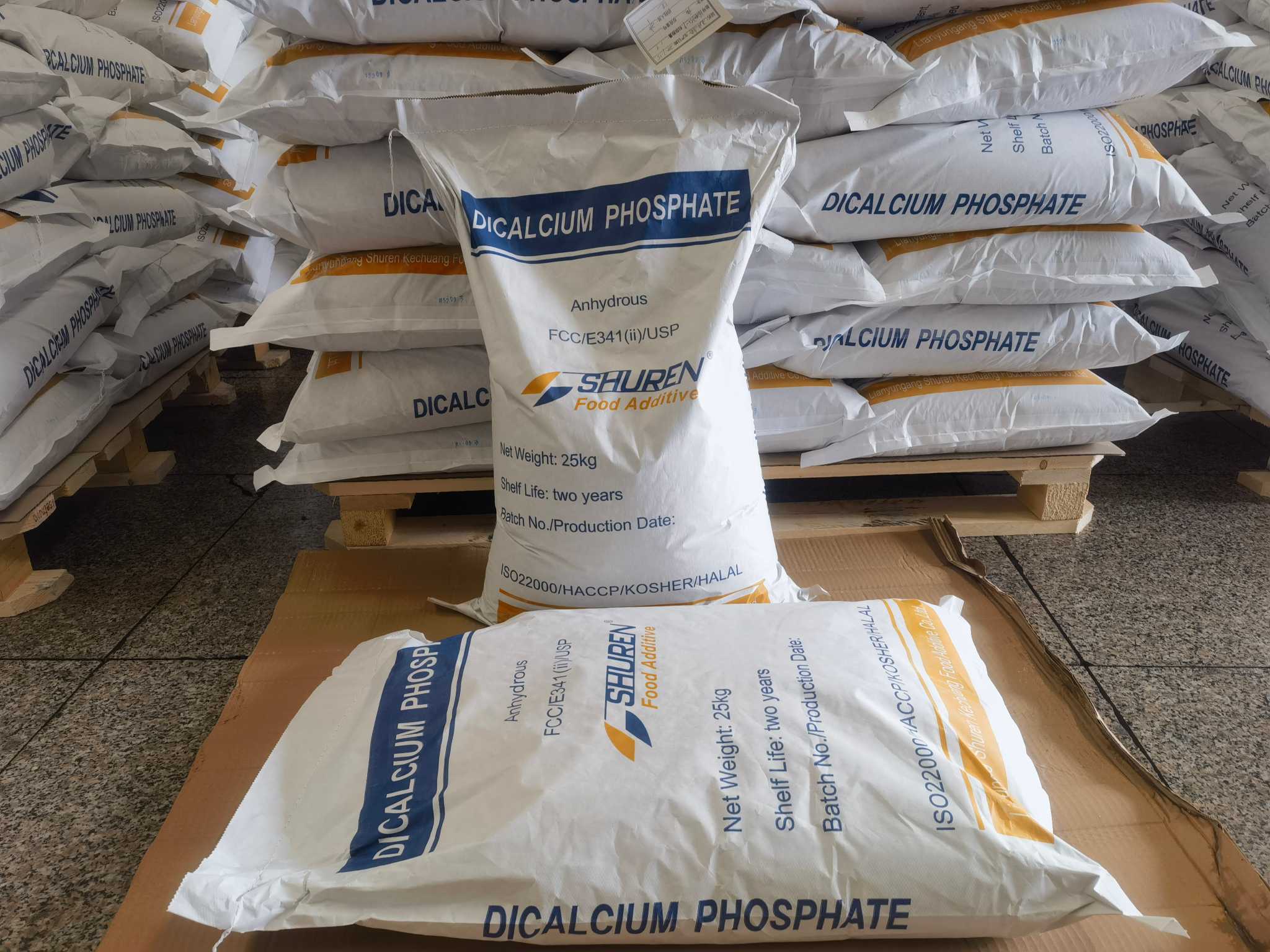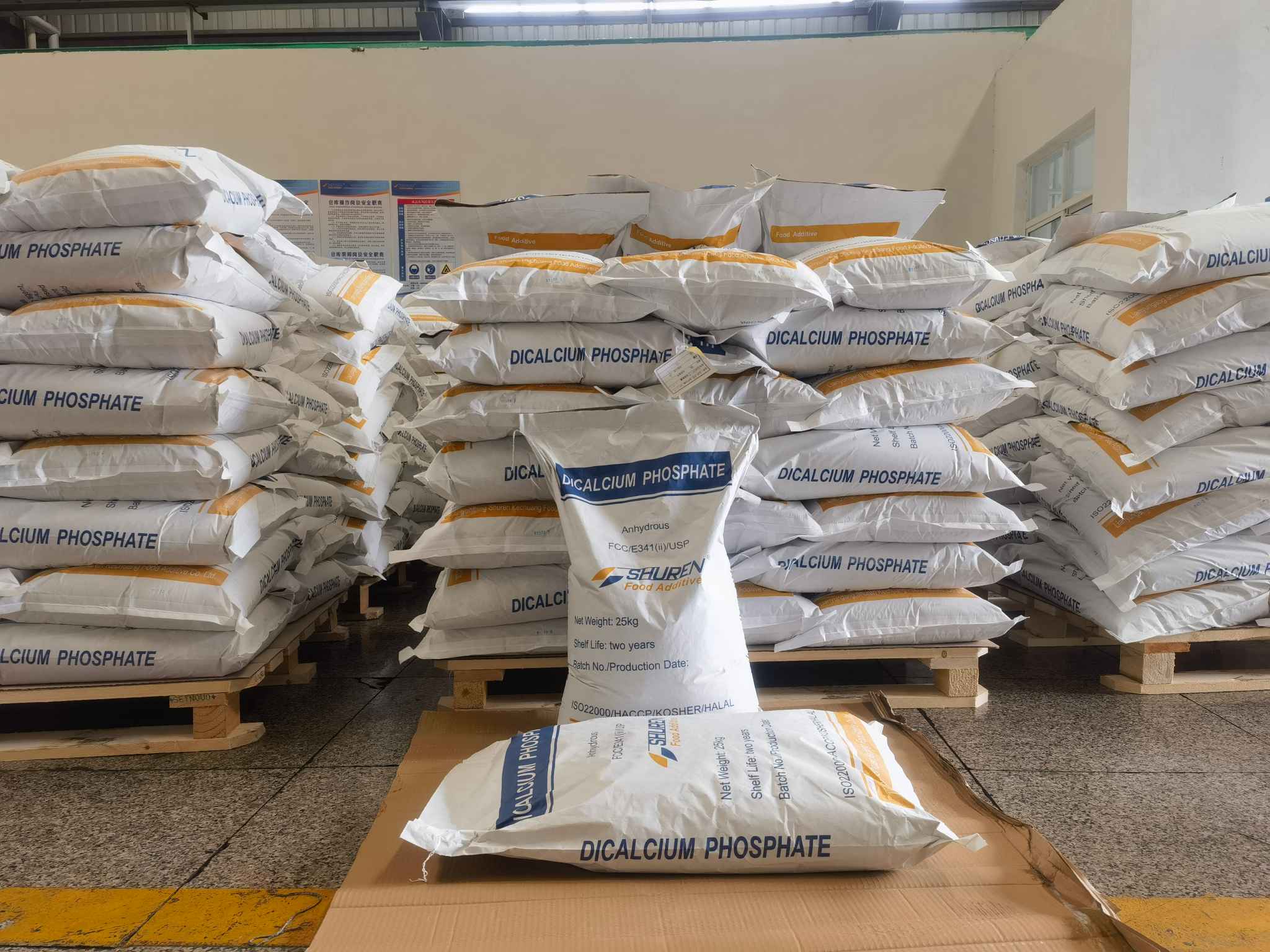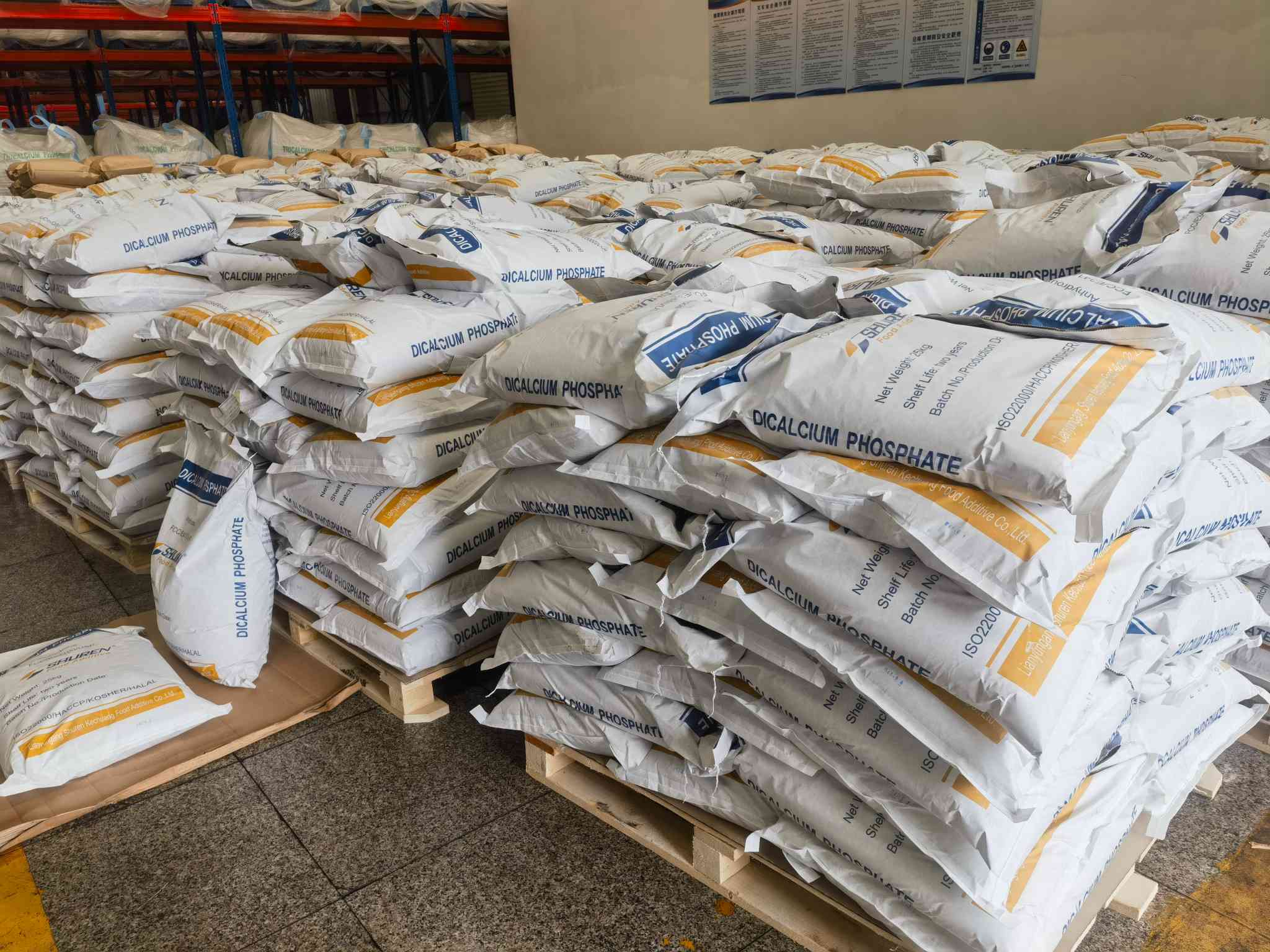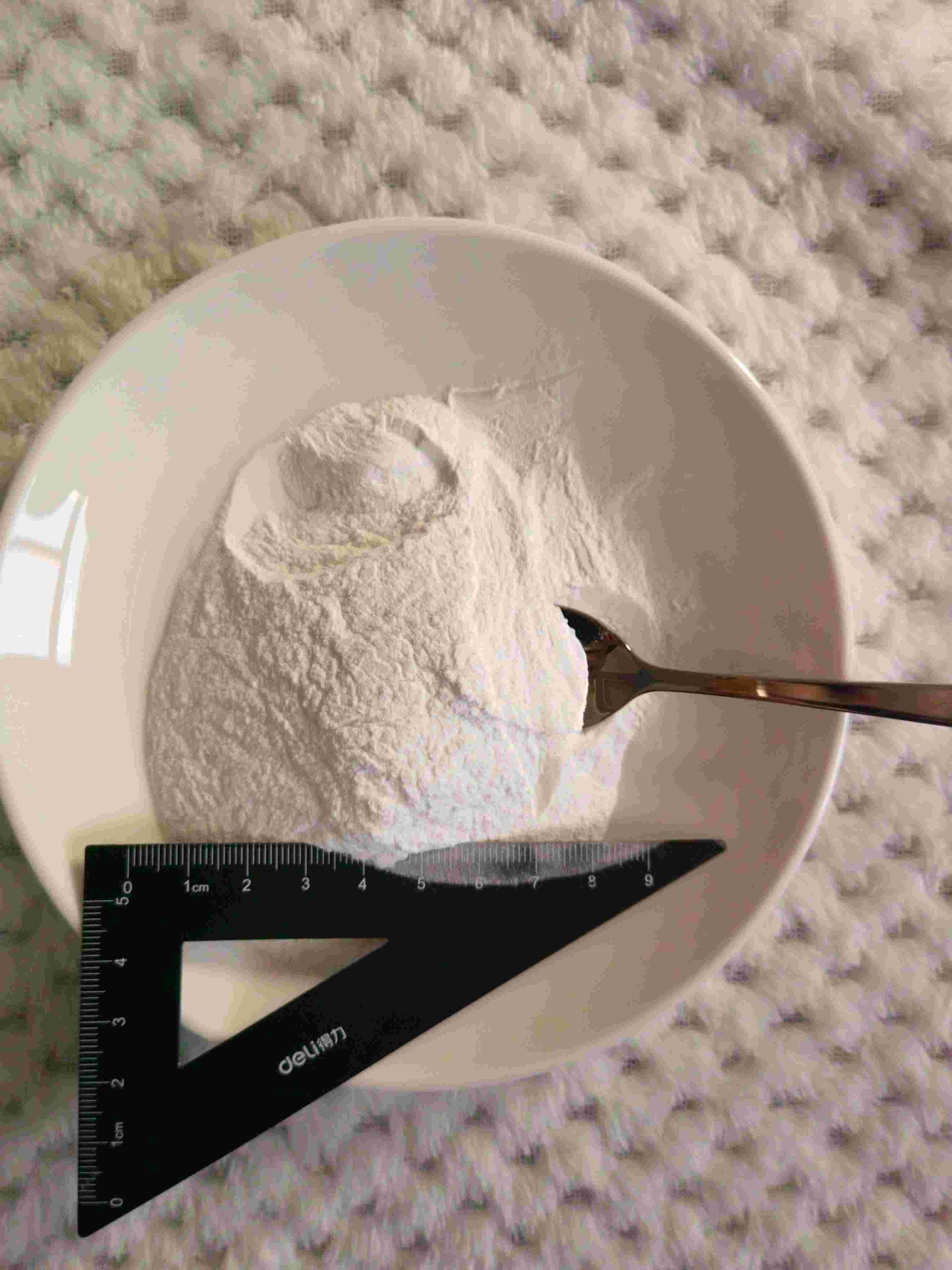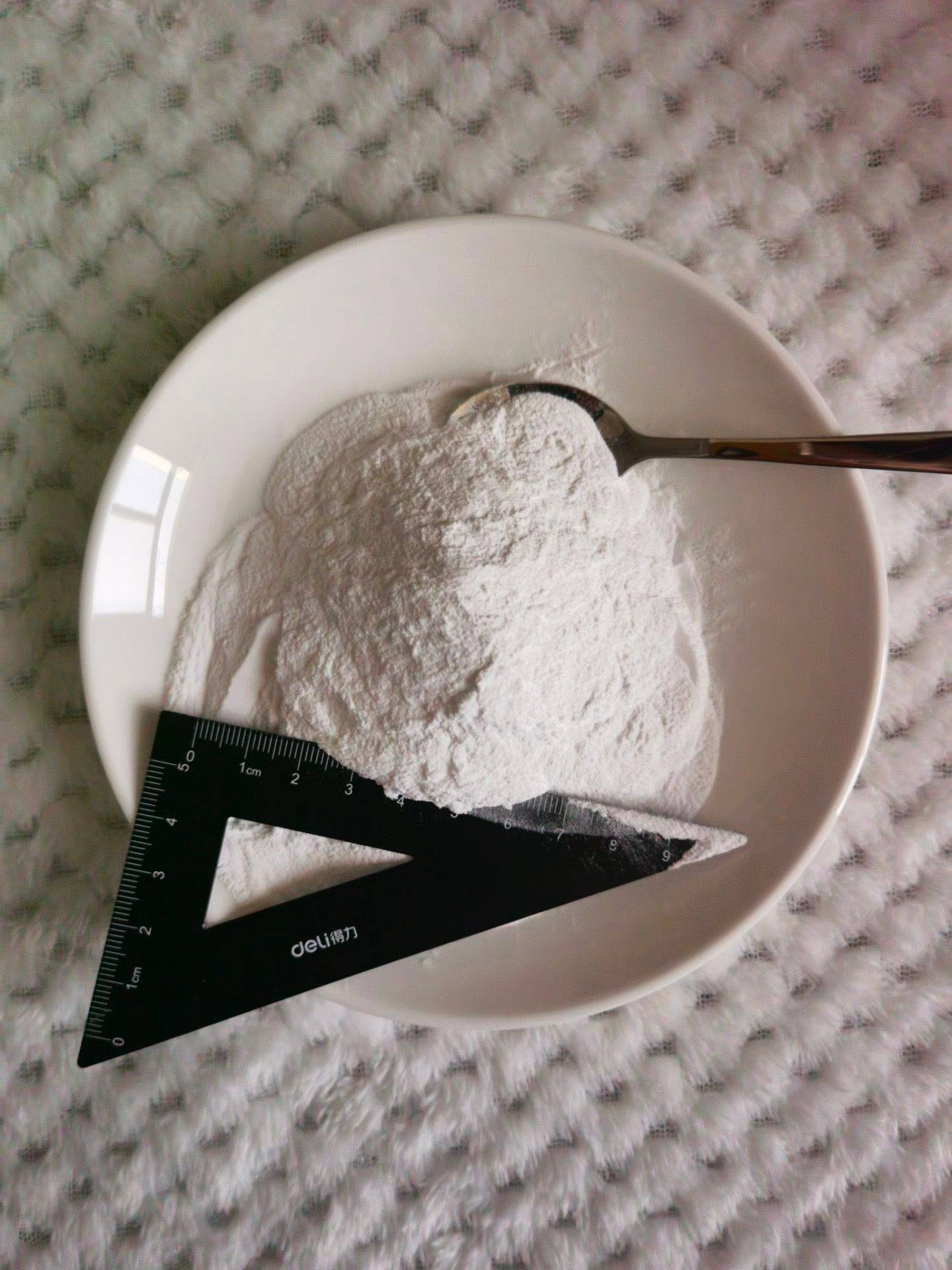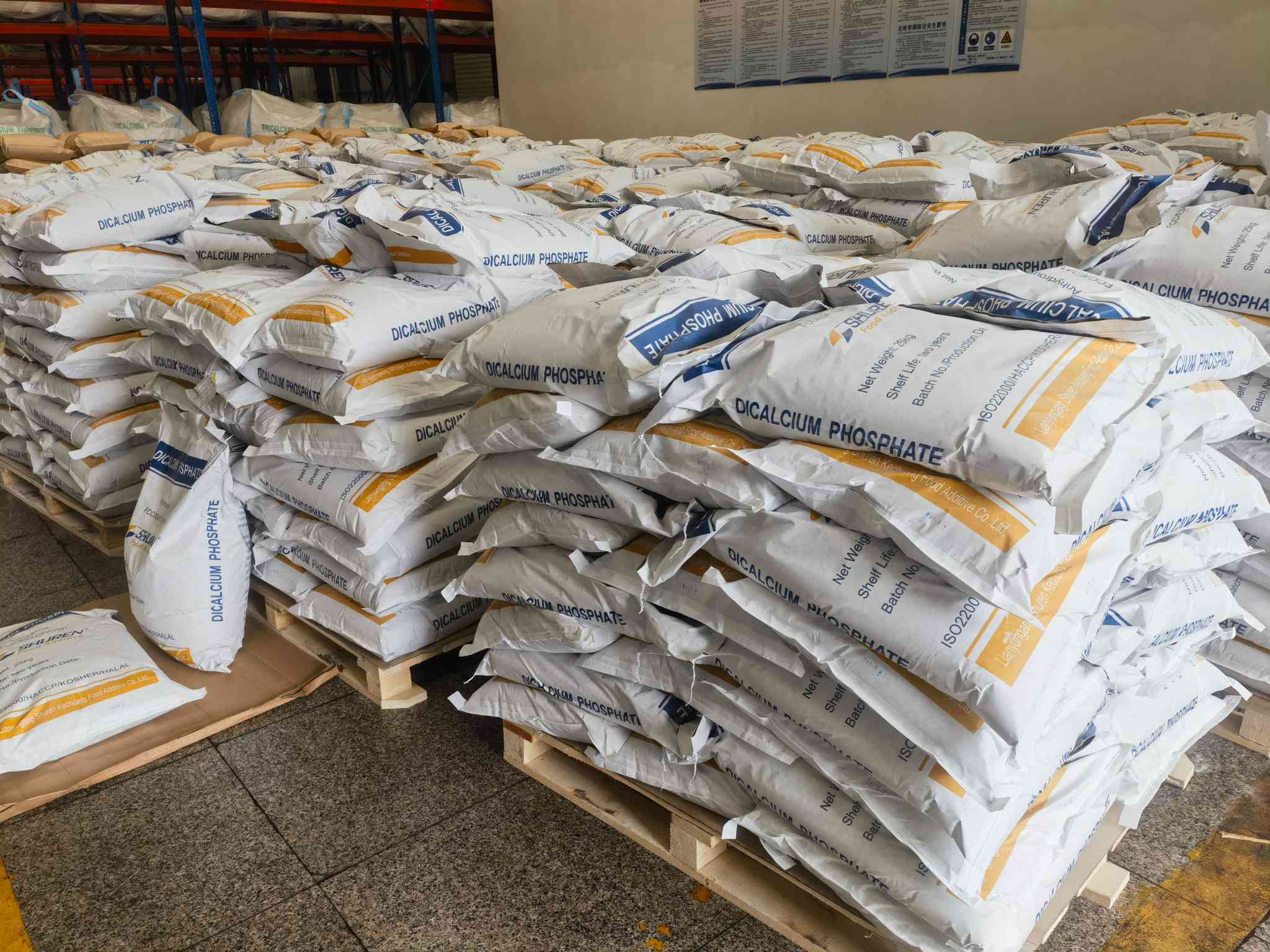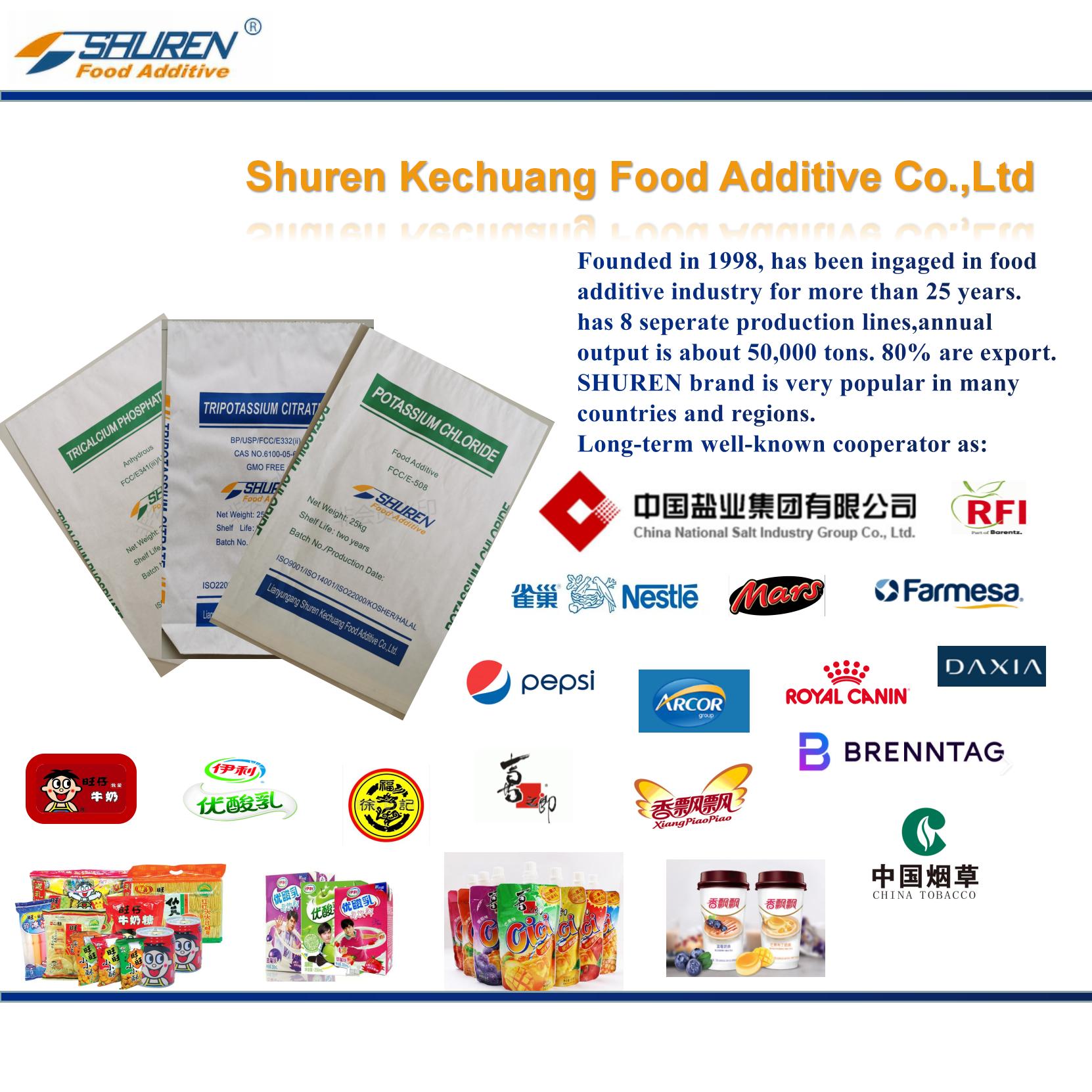
Product description :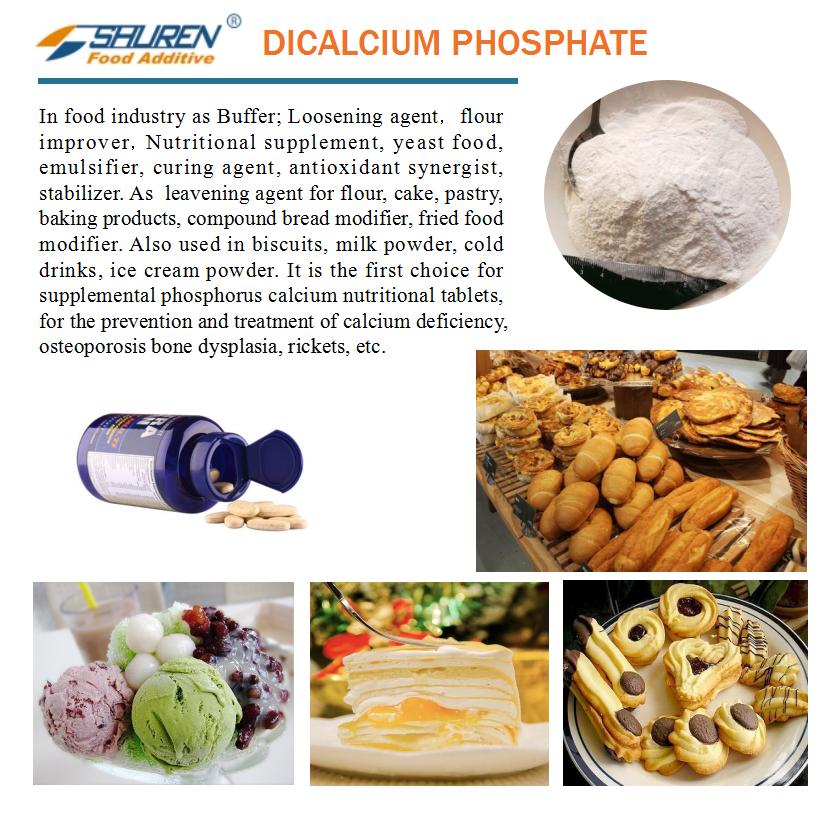
High quality wholesale factory Dicalcium Phosphate/ Dibasic Calcium Phosphate
1、Formula: Anhydrous CaHPO4 ; Dihydrate CaHPO4•2H2O
2、Formula wt: anhydrous 136.06
Formula wt: dihydrate 172.09
3、CAS: anhydrous [7757-93-9]; CAS: dihydrate [7789-77-7]
4、Einecs: 231-826-1
5、Specificity: white monoclinic crystalline powder, odorless, soluble in diluted hydrochloric acid, nitric acid, acetic
acid, slightly soluble in water, insoluble in ethanol. relative density: 2.32.
6、 Application: In food industry as Buffer; Loosening agent, flour improver,Nutritional supplement, yeast food, emulsifier, curing agent, antioxidant synergist, stabilizer. As leavening agent for flour, cake, pastry, baking products, compound bread modifier, fried food modifier. Also used in biscuits, milk powder, cold drinks, ice cream powder. It is the first choice for supplemental phosphorus calcium nutritional tablets, for the prevention and treatment of calcium deficiency, osteoporosis bone dysplasia, rickets, etc.
7、H.S. Code: 28352520 CIQ Checking: Statutory Inspection
8、Tax refund rate:13%
9、Loading capacity 20 feet FCL: 22mt without pallets/ 20mt with pallets
10、Packing: 25kg net paper bag or jumbo big bag with PE liner.
11、Storage and Transport: Store in a tightly sealed container in a cool, dry, well ventilated area. Avoid exposure to heat and moisture.
| Name of index | FCC-V | E-341(iii) | ||
| Description | Fine white powder, odourless, which is stable in air | |||
| Identification | Pass test | Pass test | ||
| Assay | % | 97.0-105.0 | 98.0-102.0(200℃,3h) | |
| P2O5( Anhydrous basis) | % | — | 50.0-52.5 | |
| Solubility tests | — | sparingly soluble in water.
Insoluble in ethanol. |
||
| Fluoride | ≤ppm | 50 | 50(expressed as fluorine) | |
| Loss on ignition(800℃±25℃,0.5h) | % | 7.0-8.5(Anhydrous)
24.5-26.5(Dihydrate) |
≤8.5(Anhydrous)
≤26.5(Dihydrate) |
|
| Carbonate | ≤% | — | — | |
| Chloride | % | — | — | |
| Sulfate | ≤% | — | — | |
| Arsenic(As) | ≤ppm | 3 | 1 | |
| Barium | — | — | ||
| Heavy metals | ≤ppm | — | — | |
| Acid- insoluble substance | ≤% | — | — | |
| Organic volatile impurities | — | — | ||
| Lead(Pb) | ≤ppm | 2 | 1 | |
| Cadmium | ≤ppm | — | 1 | |
| Mercury(Hg) | ≤ppm | — | 1 | |
| Aluminium | — | Not more than 100 mg/kg for the anhydrous form and not more than 80 mg/kg for the dihydrated form (only if added to food for infants and young children)
Not more than 600 mg/kg for the anhydrous form and not more than 500 mg/kg for the dihydrated form (for all uses except food for infants and young children). This applies untl 31 March 2015. Not more than 200 mg/kg for the anhydrous form and the dihydrated form (for all uses except food for infants and young children). This applies from 1 April 2015. |
||
